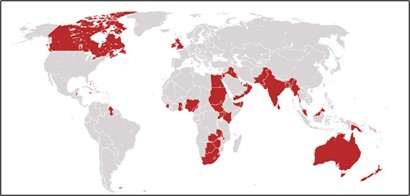- Details
- Hits: 1802
- Details
- Hits: 2377
The Aviators |
- Details
- Hits: 2450
|
Capt Franklyn Leslie Barnard OBE AFC |
||
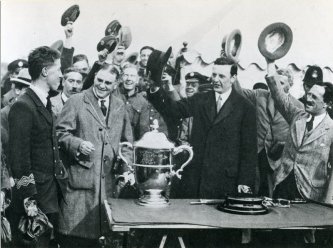 |
||
|
Winner of the first King's Cup in 1922. "an exceptional pilot - careful, skilful, and daring" and "his ability as an engineer was fully equal to his skill as a pilot". b. 1896; his father, Owen Barnard, was a stockbroker's clerk (and not related to Charles Barnard's father). AFC in WWI; chief pilot for Instone (later) Imperial Airways. OBE in 1927. Killed in July 1927 while testing propellers for the Bristol Badminton which he had entered for the King's Cup Race, which crashed at Filton after the engine seized. Major Beaumont, appearing for Imperial Airways at the inquest, said the company felt it had "lost one of the world's magnificent airmen". 1927 It is with profound regret that we have to record the death, as the result of a flying accident on Thursday, July 28, of Capt. F. L. Barnard. Capt. Barnard—one of our mostexperienced and popular pilots—was carrying out a test flight on the Bristol " Badminton " ("Jupiter VI ") biplane, which had been entered for the King's Cup Air Race, at Filton aerodrome, when, according to eyewitnesses, the engine suddenly stopped and the machine crashed to the ground just outside the 'drome from a height of about 200 ft. When a number of people who had been watching the flight arrived in the field where the machine had crashed, the latter was found completely wrecked, with the engine embedded in the ground, and the unfortunate pilot lying in the cockpit beyond human aid. From evidence at the inquest, which was held on July 29, it appears that when Capt. Barnard's engine failed, he put the machine into normal gliding angle and attempted to land. While manoeuvring to do so, the machine lost flying speed and stalled from about 80 ft. Capt. Barnard had already made three other test flights on the machine, trying out different airscrews. Capt. Barnard's loss to the aviation world is a great one indeed, for he was an exceptional pilot, careful, skilful, and daring—but daring only when flying alone or testing. He served in the Air Force during the war, and was awarded the Air Force Cross. Following the Armistice he was pilot to No. 24 Communication Squadron, when he carried many distinguished personages to and from the Continent. He then became associated with Instone Air Lines, and later, when Imperial Airways was formed, was their chief pilot. His skill as a pilot was such that he was entrusted with many important aerial missions—the most conspicuous of which was the piloting of the Imperial Airways D.H. "Hercules" air liner, carrying Sir Samuel Hoare, Lady Maud Hoare and party from London to Cairo on the inaugural flight of the Egypt-India service. He also, it will be remembered, took part in previous King's Cup races, being the winner in1922 and 1925, and flying last year the Bristol " Badminton "in its original form. Capt. Barnard leaves a widow and young son, to whom, in common with his many, many friends, we offer our deepest sympathy." - 'Flight' |
- Details
- Hits: 3265
|
Capt Henri Charles Amedie de la Faye Biard |
|
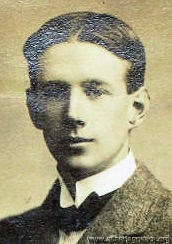 1912, aged 20 1912, aged 20 |
|
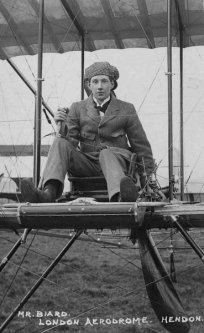 |
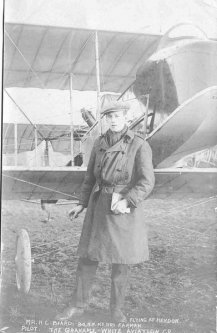 |
|
From Jersey; a very early flier, test pilot for Supermarine. Schneider Trophy pilot in 1922, 23 and 25 (during which he crashed, "making a huge hole in the sea", but emerged merely slightly dazed). His autobiography is called, er, 'Wings' (1934). |
|
- Details
- Hits: 2851
| Mr Alan Samuel Butler J.P. | |
|
photo: 1921, aged 23 |
Chairman of de Havilland; the story goes that in 1921 he asked the one-year old de Havilland Aircraft Company to build a fast two-passenger touring aeroplane to his specification, and stumped up £3,000 for them to do it. The money saved the company from extinction and they appointed him to the board of directors forthwith. He held the position until he retired in 1950. The aeroplane became the DH37, (which he named, firstly, 'Sylvia' after his sister, then, rather diplomatically, 'Lois', after his wife, q.v.), which he entered in the very first King's Cup Race in 1922 and again in 1924, coming third. He and Lois set up a world speed record of 120mph for 1000 km in 1928, and they also flew to Cape Town together . Entered the MacRobertson Race in 1934 (assigned No 59) but didn't take part. Was still aviating in 1970. |
- Details
- Hits: 3568
|
Mr (Sir) Alan John Cobham KBE AFC
|
||
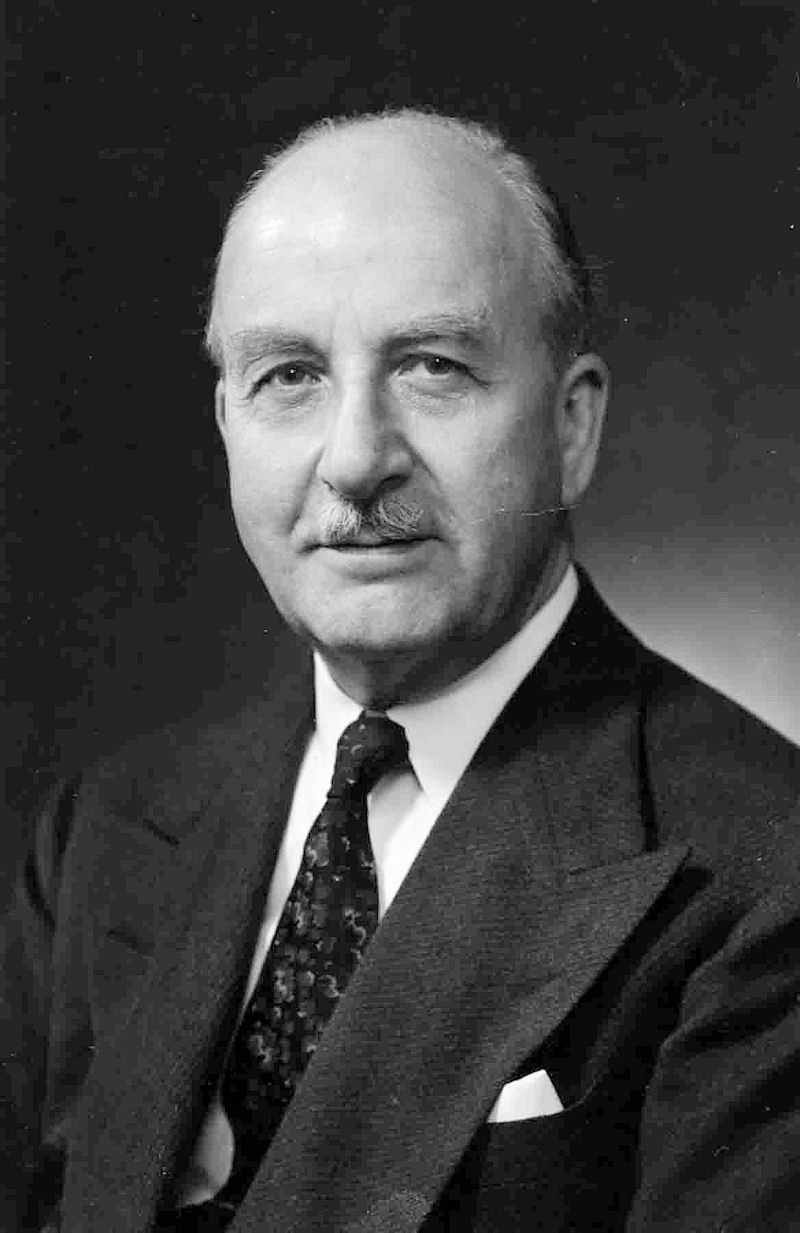 |
- Details
- Hits: 3160
|
Capt Frank Thomas Courtney
|
||
| An Irishman and early aviator; he test-flew the prototype D.H.18 - de Havilland's first purpose-designed airliner - in March 1920 and often flew it in service.
Also flew in the 1929 Cleveland National Air Races. Also flew the Cierva autogyro in 1925, (but not in the King's Cup) |
- Details
- Hits: 2377
| Flt-Lt (later Sqn Ldr) Hubert Wilson Godfrey Jones | ||
|
|
|
|
|
b 7 Oct 1890, Llandilo, Carm, Wales British Army 1913-16; RAF 1916-43; Won the Hanworth-Blackpool Air Race, 15 Jul 31; Died in WWII - 14 May 43, when serving with Station Flight, RAF Middle Wallop, his Hurricane IIb HV895 exploded and crashed in Sudbourne Marshes, during a flight from Martlesham Heath to Orford Ness bombing range to test a new bomb.
Research: thanks to Steve Brew |
||
- Details
- Hits: 2455
| Mr John R King | ||
|
|
|
|
|
possibly John King, b 1886, from Birmingham; RAeC certificate 7436 'Pat' King, later an Air Vice Marshall |
||
- Details
- Hits: 2457
| Capt Norman Macmillan MC AFC | ||
|
|
|
|
|
'author and outstanding pilot', the chief test pilot of Fairey Aviation from 1924. Later flew the Fairey Long-range monoplane on its world flight. Originally from Glasgow. WWI ace with 11 victories; later Wing Commander, and the first person to land at Heathrow (before it was an airport). Winner of the speed prize (at 76.1 mph!) in the Lympne Motor Glider competition of October 1923, in the Parnall Pixie. d. 1976 |
||
- Details
- Hits: 2538
| Sqn-Ldr Harold James Payn | ||
|
|
|
|
|
Test pilot for the Air Ministry; AFC 1923 |
||
- Details
- Hits: 2469
|
William Forbes-Sempill, 19th Lord Sempill AFC |
||
|
|
|
|
|
Ah... yes... the aviation pioneer, chairman of the Royal Aeronautical Society, right-wing sympathiser and occasional spy (for the Japanese), who was motivated by his 'impetuous character, obstinacy, and flawed judgement', rather than money. |
||
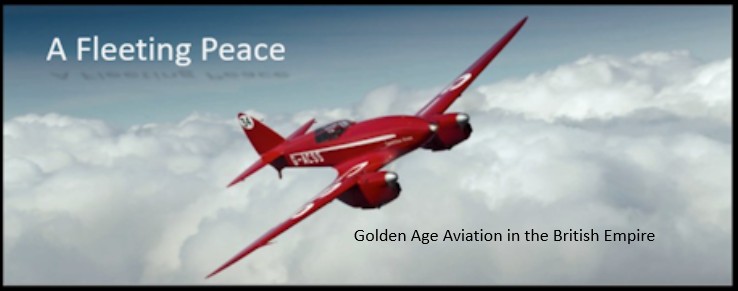
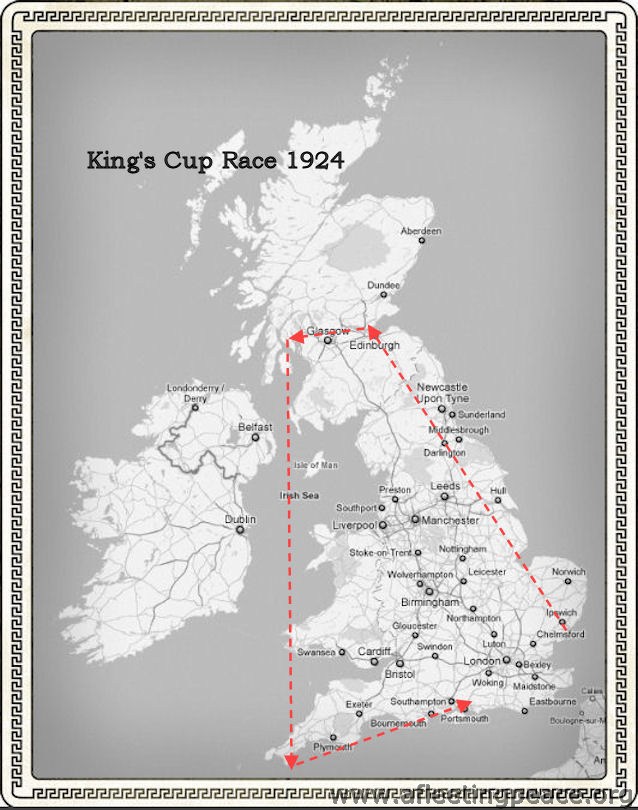

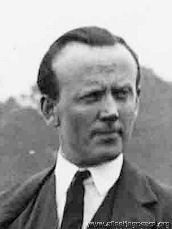
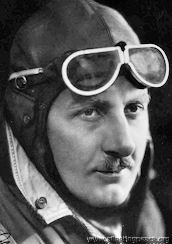
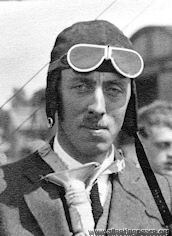
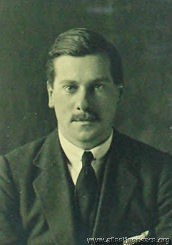
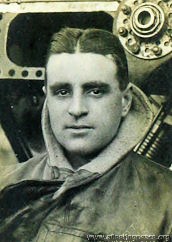
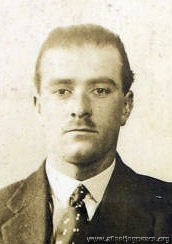
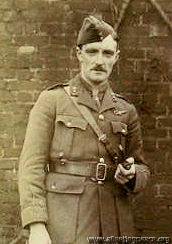
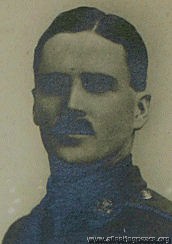
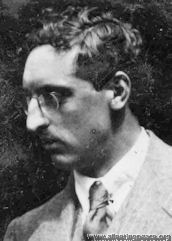
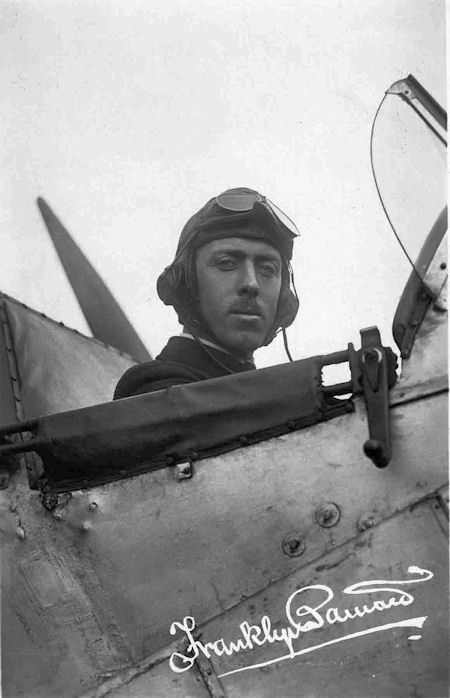
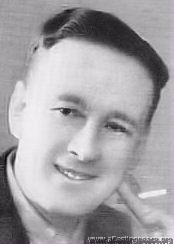 c.1934, aged 42.
c.1934, aged 42.
 in c.1934, aged c.40
in c.1934, aged c.40
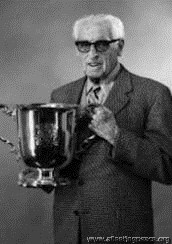 photo: 1972, holding the King's Cup at the RAF Museum, Hendon, aged 78
photo: 1972, holding the King's Cup at the RAF Museum, Hendon, aged 78 1916, when a Captain in the Welsh Regt, aged 26
1916, when a Captain in the Welsh Regt, aged 26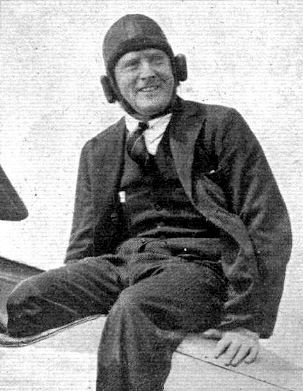 1924
1924 1918, when 2nd Lieut, RAF, aged 32
1918, when 2nd Lieut, RAF, aged 32 1916, when a Lieutenant in the Royal Engineers, aged 29
1916, when a Lieutenant in the Royal Engineers, aged 29 1930
1930